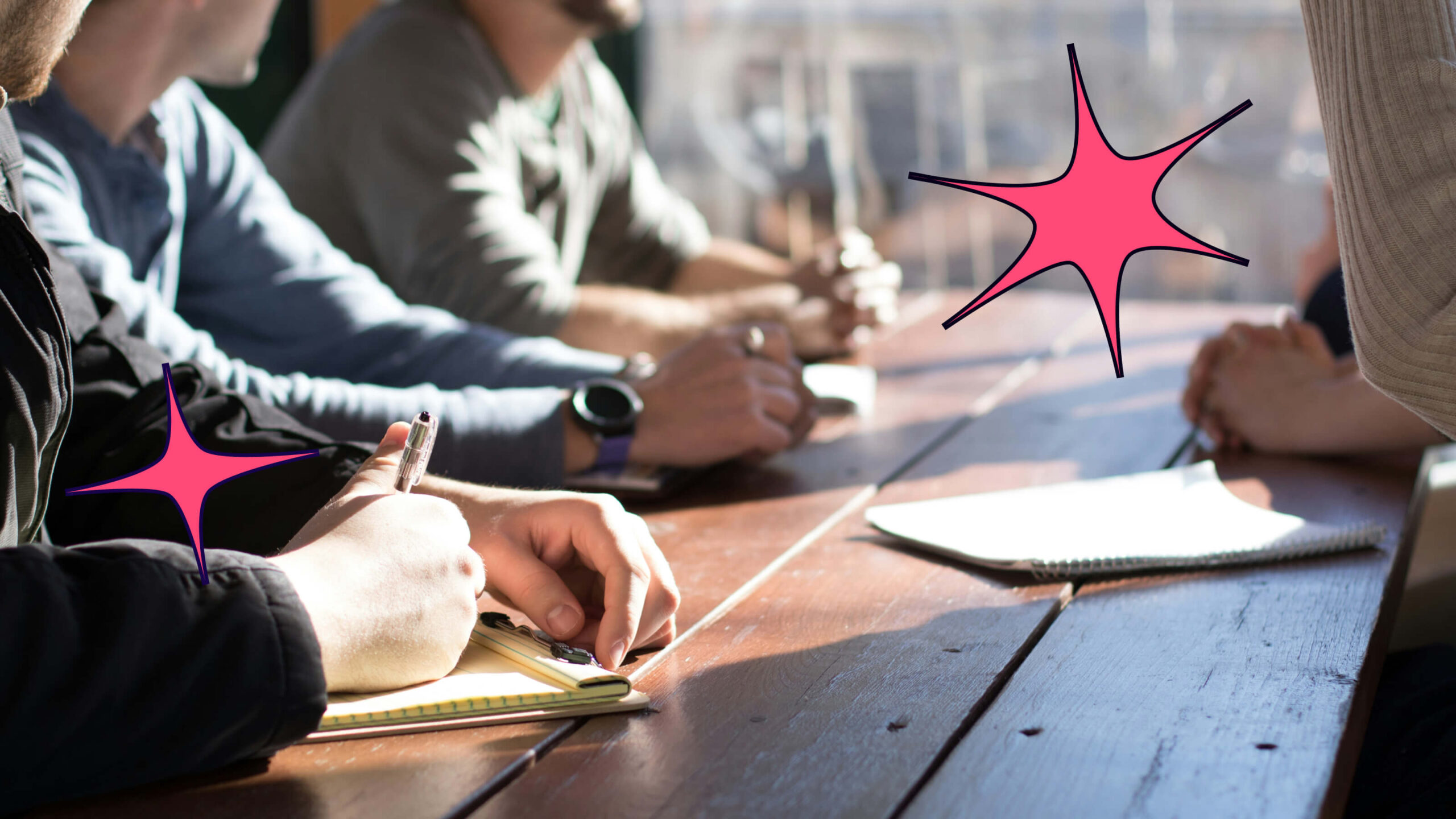Amid crisis, Toast doubled down on customer experience to help restaurants survive
It’s no secret that the restaurant industry took a serious hit when the COVID-19 pandemic hit. Widespread lockdowns closed some restaurants and severely limited the way others operate. Industry-wide, sales dropped 75% over just 10 days in late March.
For restaurant management and point-of-sale platform Toast, seeing restaurants survive the pandemic means everything, and the company has made it their mission to help the industry adapt. Toast’s senior vice president of customer success, Emmanuelle Skala, joined Pendo CEO Todd Olson for a recent webinar, where she detailed why the company doubled down on customer experience even as its own business suffered, pivoting the product and quickly rolling out entirely new functionality to give restaurateurs the resources they needed to stay open.
Communicating during crisis
The first challenge Toast encountered when the lockdowns began was sheer confusion. For a time, the United States was a patchwork of differing levels of social distancing or lockdown measures, and restaurants didn’t know how or to what extent they’d have to change. Some restaurants had no existing capacity to accommodate curbside pick-up or delivery, while others had begun selling their inventory like a grocery store. It was also unclear how long the pandemic would last, Skala said.
“Initially, it looked bleak,” she said. “We saw lots of confusion, and at Toast, we felt we had to jump in right away and help our customers get answers.”
The first step was to start clearing the fog. So, Toast built a page to distribute important information about regulations in each city and offer best practices for operating during COVID-19. The company partnered with companies like OpenTable to launch Rally for Restaurants, a campaign to help restaurants sell gift cards that could be redeemed after dine-in service resumed.
Pivoting the product
Even with all the helpful information, some restaurants couldn’t afford to pay for a tool like Toast. So Skala’s team decided to make the platform free for a month to provide existing restaurant customers some immediate financial relief. They also launched a separate version of the platform for restaurants that were not already customers and made access to all of its digital products, including online ordering and third-party delivery, free for three months.
“Pretty much any restaurant that wanted to stay open needed to have some sort of online solution, so we saw a pretty tremendous uptick in those products,” Skala said. “They had to pivot from the way they interact with guests, and rethink their menu, because it’s now a more considered purchase.”
Toast’s product team also worked quickly to upgrade the platform’s online ordering capabilities, adding features for managing curbside pick-up and throttling orders to ensure kitchen staff didn’t find themselves overwhelmed.
“In the dine-in world, you can naturally throttle your guests by saying ‘We don’t have any tables available.’ When you all of a sudden open a website to anyone who is willing to pick up food or get delivery, now all of a sudden you could get slammed with 200 orders in five minutes.”
Automating onboarding and help
Rolling out loads of new functionality while welcoming a rush of new customers meant onboarding needed to be a priority too. Because some restaurants had never used digital products before, the initial experience had to be easy and intuitive.
Pendo’s guidance capabilities helped here, allowing Skala and her team to supplement one-on-one training with in-app automated onboarding flows and walkthroughs.
“We underestimated how much our customers would need us, especially as states started re-opening. So, we put a bunch of effort into self-service and user experience, so that our customer wasn’t reliant on just us to help them adopt these new products,” Skala said, noting in-app chatbots and tooltips helped reduce the burden on customer support, too. “No one wants to stop what they’re doing when they have a goal in mind.”
Product usage data from Pendo informed the placement of those guides to ensure the most relevant content reached the right users to help them past friction points.
“We’re getting pretty maniacal about measuring and looking at the customer experience in every step in the process,” Skala said. “We can see where people are getting stuck in our onboarding flows and see if the thing they’re getting stuck on is because of a product issue, or maybe we don’t have the right education content.”
Providing self-service help has become mission-critical in the weeks since the crisis began. Because Toast was hit as hard as its customers and is working around the clock with fewer resources, in-app education and support has become a No. 1 priority for Skala’s team. Using Pendo in-app messaging and guidance to deflect repetitive support issues means the team is freed up to manually handle the more complex, higher value ones.
“If we’re slammed answering how-to questions, then we’re never getting to the best practice stuff,” Skala said.
Now that restaurants are re-opening, Toast is rolling out new functionality to help restaurants take orders and payments in a touchless way. “We had to pivot to ‘What do restaurants need in a COVID world?’” said Skala. “We believe people want to dine out but want to do so safely.”


